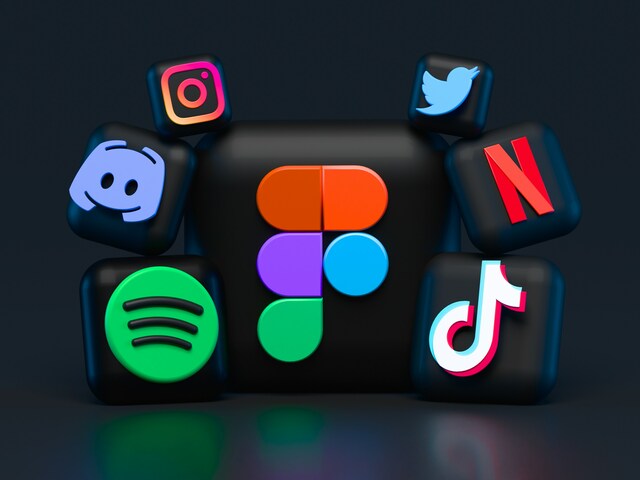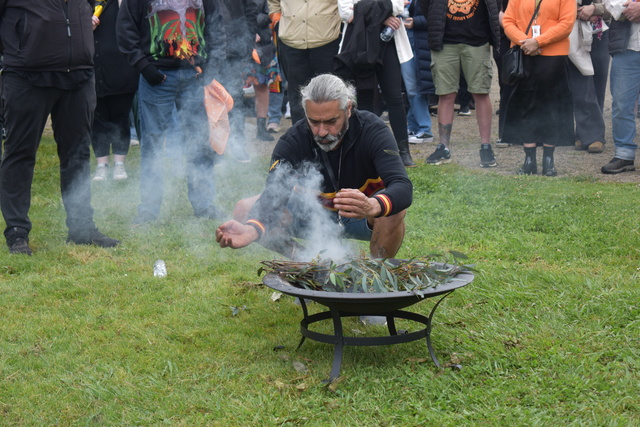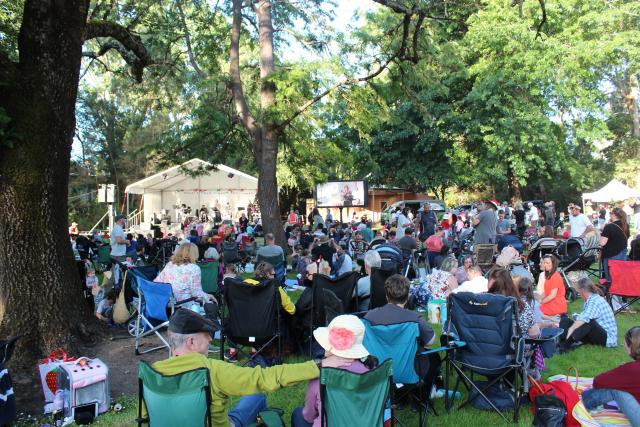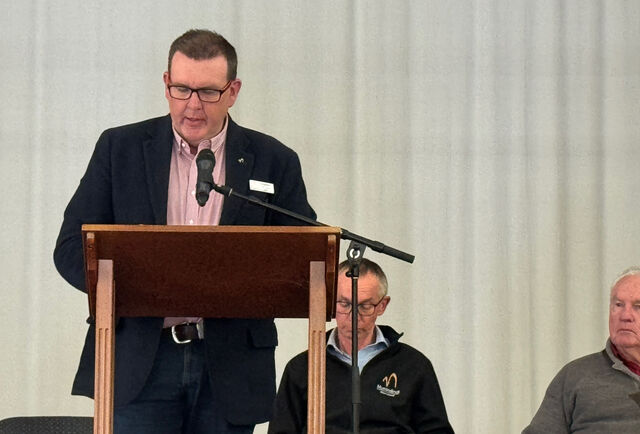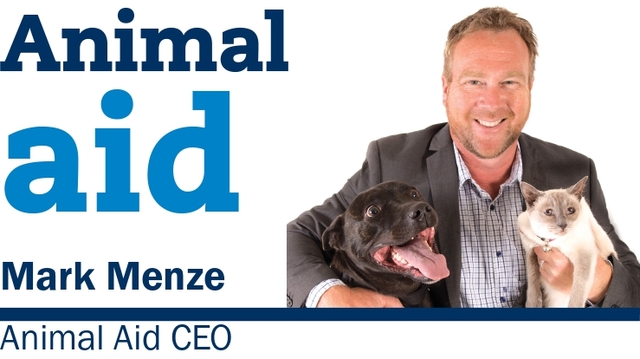Over the last decade, we have seen social media grow rapidly in use and importance.
Marketing and advertising has shifted away from its traditional home of TV and newspapers to social media and a new profession that of the influencer has emerged: a person with the ability to influence potential buyers of a product or service by promoting or recommending it on social media.
It first began with celebrities such as film stars endorsing products but has shifted to social media using people who have built a large following.
And increasingly they are children and predominantly young girls.
Last week’s ABC Four Corners program was uncomfortable watching.
To see young children, or kidfluencers as they are called, used as pawns in promoting products with questionable outcomes for the child’s future wellbeing.
In his poem, The Rainbow, Romantic Poet William Wordsworth reminds us that early experiences and emotions shape who we become as adults when he wrote the much quoted line, The Child is father of the Man;
There was a feeling of exploitation of childhood, that the young people featured were being robbed of their innocence and that this was made possible by the complicity of parents, well – meaning or otherwise.
Were the parents living unrealised dreams vicariously through their children? Were the children used to bolster family income?
In our culture, we view childhood as a hallowed period of innocence but it was not always so and the concept of childhood is only a recent invention which for generations did not exist and children were not afforded special care.
Since Christianity believed that everyone was born with original sin, until the 17th century children were not regarded as innocent, but as fallen angels.
This is why many of the largest denominations who believe in original sin practice infant baptism.
In fact, going back in history to pre-Enlightenment times and depending on your social ranking, children were more likely to be over worked, terrorized, abandoned and sexually abused.
And since seven out of ten children didn’t survive to adulthood, inhumane as it may sound, parents did not invest sentimentally in a relationship with their children. Even privileged, children were left in the care of others.
Even though a new view of human nature and children has evolved since the Enlightenment, even as late as the Victorian era children were still neglected and abused, working in appalling conditions in factories and mines.
Think of all the neglected, poverty stricken and abused children in Dickens novels, and in poetry as well.
In The Chimney Sweeper William Blake writes:
When my mother died I was very young,
And my father sold me while yet my tongue
Could scarcely cry “‘weep! ‘weep! ‘weep! ‘weep!”
So your chimneys I sweep and in soot I sleep.
Today we regard childhood as a distinct and important period in human development but that is not to say that for many millions of children life is far from picture perfect.
Today as we shop for what has become known as fast fashion, slave child labour is present in almost every step of the supply chain: from the harvesting of cotton balls to repetitive tasks like beading, trimming etc. carried out in fetid sweat shops.
The cheap prices we pay come at a human cost to the future of these invisible children.
But what was troubling in the Four Corners program was that we were seeing very young children, who were even not legally allowed to have an online account or a job, become fully immersed in promoting products and themselves.
The extent and intensity of these kidfluencers raises concerns about potential harmful impacts on the future physical and emotional health of these children.
And because there appears to be more young girls than boys the disturbing unintended consequence of promoting themselves is that many encounter a dark underworld of the internet dominated by men, including paedophiles.
There was even a frank admission by the mother of Ava one of the featured girls when queried about possible dangers of such exposure, she freely admitted that Ava was not allowed to go out to the shops or travel on public transport on her own!
The program left you with a feeling of child exploitation, indeed perhaps even abuse.
And all done with parental consent, in fact a high level of parental involvement.
But what about informed consent on the part of the child?
The lure, of course, is predominantly money and parents always say the money is being held for the child’s future needs, such as laying down the foundations for a career or creating a healthy bank balance for future security. And the financial rewards can be staggering.
Toy reviewer Ryan Kanji’s family is reputed to earn US$25 million a year
But who audits this? And who monitors the physical and mental welfare of these children?
There has of course always been anxiety associated with new technologies from the printing press to radio and TV and now computers, often seen as undermining the cultural landscape and encouraging vice and unnatural behaviour.
However it’s undeniable that the internet is central in our lives, from education to socializing to daily transactions such as paying bills and ordering groceries and is increasingly .regarded by some as a human right.
Before social media, those seeking the limelight might have got an agent and pursued acting or modelling, but now influencing is a way to cut out the middleman and reach audiences directly.
Governments all over the world are increasingly recognizing the growing need to protect children online.
In Australia the Online Safety Act 2021 aims at countering online bullying, image based abuse and harmful content, but the Act does not focus on specific risks for
children’s online participation in influencer activities.
So far, the French government appears to be the only one that has taken tangible action to regulate the labour of child social media influencers.
Under French law, children below age 16 can only work limited hours, and their earnings must be safeguarded in an account made accessible when they turn 16.
In the US, the Coogan Act (named after child star Jackie Coogan) was signed into law in 1939 to regulate child labour in the entertainment industry, but no equivalent laws have been enacted for child social media stars.
We like to believe that parents always act in the best interests of their children but what we are witnessing with kidfluencers on social media is that this may not always be true.
Children need more protection from not only the dark side of the internet but also sometimes from the actions of those who should be safeguarding their physical and emotional wellbeing.
The challenge to lawmakers is how to control abuse and exploitation when the new workplace may be the family kitchen.
From the 4 Corners program we can see that this should be an urgent priority to avoid a generation of damaged young people.
Surely we have evolved from those past eras when children had no rights and protections to one where we owe our future generation a duty of care to become physically and emotionally well balanced adults and citizens.
This be the Verse
“They fuck you up, your mum and dad.
They may not mean to, but they do.
They fill you with the faults they had
And add some extra, just for you.
But they were fucked up in their turn
By fools in old-style hats and coats,
Who half the time were soppy-stern
And half at one another’s throats.
Man hands on misery to man.
It deepens like a coastal shelf.
Get out as early as you can,
And don’t have any kids yourself.”
― Philip Larkin, High Windows

